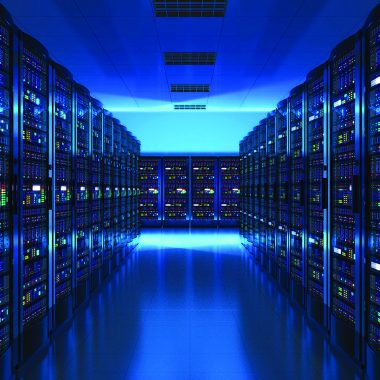Karl Hendon/Getty Images
Who is Demis Hassabis, the DeepMind founder who won the Nobel Prize in chemistry?

Peter Macdiarmid/Getty Images
Hassabis bought his first computer with money he won from a chess match.
“The amazing thing about computers in those days is you could just start programming them,” Hassabis told Wired. “I’d go with my dad to Foyles, and sit in the computer programming department to learn how to give myself infinite lives in games. I intuitively understood that this was a magical device, which you could unleash your creativity on.”
Wikipedia/Public Doman
Undergraduates at the University of Cambridge were taught how to develop “narrow AI,” which learns to perform specific tasks. But Hassabis was always more interested in developing “general AI,” according to The Financial Times.
He graduated from Queens’ College, part of the University of Cambridge system, when he was 20 with a double first-class honors degree in 1997.
Pete Spiro/Shutterstock
During his Ph.D., Hassabis sought to find inspiration in the human brain for new AI algorithms.
In 2007, the journal Science listed his research on memory and imagination among the top 10 scientific breakthroughs of the year.
He went on to complete research stints at Harvard and MIT.
Steve Granitz/FilmMagic via Getty Images
Musk once explained his DeepMind investment to Vanity Fair:
“It gave me more visibility into the rate at which things were improving, and I think they’re really improving at an accelerating rate, far faster than people realize,” Musk said. “Mostly because in everyday life you don’t see robots walking around. Maybe your Roomba or something. But Roombas aren’t going to take over the world.”
byakkaya/Getty Images
AlphaFold is an artificial intelligence program that predicts the structure of proteins, DNA, RNA, and other molecules. The innovation made a splash, so Hassabis and one of DeepMind’s top scientists pushed forward on a second iteration.
AlphaFold 2 was released in 2020 and predicted protein structure at nearly 90% accuracy.
The model has seen explosive growth since then, evidenced in part by its prediction of some 200 million proteins by July 2022.
In May, DeepMind announced AlphaFold 3, which it says can predict “the structure and interactions of all life’s molecules with unprecedented accuracy.”
In May, Google announced Project Astra, a real-time AI assistant that can see and perceive the world around it. It also unveiled Veo, an AI video generator and rival to OpenAI’s Sora.
Hassabis said earlier this year that Google might spend over $100 billion to keep up with its AI competitors, like OpenAI.
He also noted that all the money going into the technology means it’s also overhyped. “In a way, AI’s not hyped enough, but in some senses, it’s too hyped,” he said in April. “And it clouds the science and the research, which is phenomenal.”

